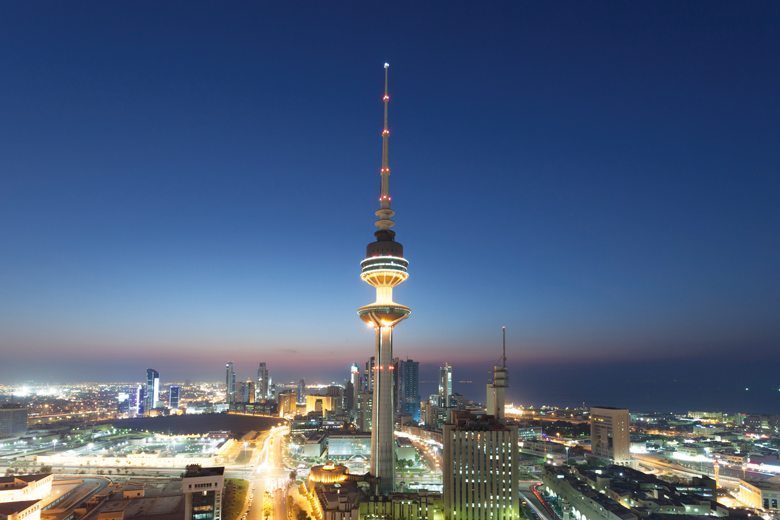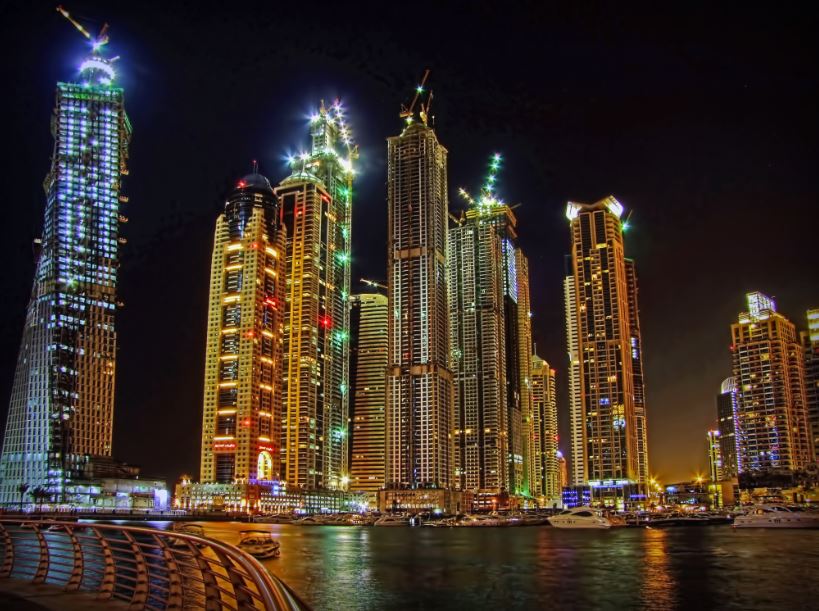Most people know Kellogg’s – but what you may not know is that Kellogg’s became a household name during the economic recession of the 1920s, because it did the unthinkable.
While the market leader for cereal, ‘Post’ took the expected course of action and cut back on advertising to lower costs, Kellogg’s doubled its advertising budget, amplified its radio spots and maximised promotion of its new cereal, Rice Krispies.
By the time the recession was over, Kellogg’s profits had risen by 30% and it had solidified itself as an industry leader – a position it still claims today.
With coronavirus impacting businesses in a catastrophic way, the first reaction of most companies is to halt all marketing, advertising and PR, in efforts to curtail spending.
For those reeling from the economic fallout, like companies operating in the travel, hospitality and aviation sectors, it makes complete sense. However, what about other sectors like F&B, FMCGs, healthcare and financial institutions, who still continue to see demand?
Simply using the coronavirus as a marketing opportunity is a recipe for disaster, but when a company sees interest from consumers, there is merit to engaging with them in an authentic, genuine and responsible way.
The biggest misconception that brands have is that consumers don’t want to be advertised to during a crisis period. However, this isn’t the case; a global survey of more than 35,000 consumers during Covid-19, by Kantar, revealed that only 8% of respondents thought brands should stop advertising, while 75% agreed that brands should not exploit the situation.
Consumers absolutely want to hear from brands – but not if brands are tone deaf to the implications of the coronavirus pandemic or operating from a place of self-promotion and self-serving interests.
While one size doesn’t fit all, here are four ways that brands can conscientiously engage with customers during the coronavirus crisis:
1. Reiterate your brand values via socially conscious marketing
Brands should focus on how they want to be remembered, once the coronavirus crisis is over. Fostering trust, relevance and authenticity are critical and a good way to do this is through socially conscious messaging, where brands share ways that people can ‘flatten the curve” or inspiring stories about how they’re contributing to mitigating the crisis.
Consumers want to know that a company’s brand values align with their own and that a brand will step up and stand with them in times of crisis. For example, McDonalds is running a campaign wherein they have separated their iconic golden arches to demonstrate their commitment to ‘social distancing’, while BMW is encouraging people to ‘drive forward without driving at all’.
Certain brands have taken this a step further and introduced measures towards helping people deal with ‘social distancing’; Popeyes started its ‘fried chicken and chill’ campaign where they’re sharing their Netflix username and password with customers, Nike has offered its workout app NTC Premium (in US) for free, so people can work out at home and in an unprecedented move, LVMH have converted their perfume factory to make hand sanitizer.
2. Introduce alternatives for cash-strapped customers
The coronavirus has had a catastrophic effect on many businesses and caused a major economic downturn, resulting in a staggering decline in consumer spending. To offset this, brands need to look at alternative options that can be utilised for free or at a reduced rate, to help people cope, till the situation stabilizes.
Once customer loyalty has been established, and the crisis is over, the free products can be phased out or upgraded to a paid subscription model. An example of this can be seen in the many video-conferencing products by Zoom, Microsoft Teams, Google Hangout Meets, who are offering a combination of limited period, free or upgraded access to their services, to help make life easier during the pandemic.
3. Collaborate, adapt and improvise to get on-line…and fast
With social distancing and lock-down in effect, everyone is now going on-line to get information, partake in discussions, make purchases, pass time etc. The quicker brands adapt to the on-line marketplace the better.
A great example of this is the world’s largest mall, The Dubai Mall, which has announced its partnership with e-commerce marketplace Noon.com, in response to the impact of coronavirus.
The Dubai Mall has signed up with Noon.com to open a virtual store, whereby all their brick and mortar retailers will have the option to opt-into being part of the virtual store.
A whole range of other businesses have also demonstrated agility of a similar kind; gyms are renting out equipment and offering on-line workout classes, grocery stores are collaborating with independent delivery apps to meet increasing demand, entertainment companies are hosting ‘virtual’ concerts and much more.
4. Amplify your digital presence
With print circulation being curtailed and more people consuming information on-line, brands need to be amplifying their digital presence across the board, ensuring that their business can be easily found, customer interaction happens in ‘real time’ and above all, that they are pushing positive brand recall.
Paid techniques can include increasing on-line ad spend, promoting social media posts and engaging in Search Engine Marketing (SEM), but concurrently, brands need to engage in ‘social listening’ so they can widen their scope and frequency of communication.
For example, if a brand used to post social media content three times a week, then increase it to daily and make sure the content is topical, helpful and on-brand.
Create and upload video content, which is more popular than static content and more appealing to customers. Also use this opportunity to build the thought leadership position of your brand by seeding expert articles to blogs, on-line forums and participate in industry commentary pieces and op-eds of digital e-papers and magazines.
A combination of these efforts will ensure that your brand stays ‘top of mind’, promotes a sense of business stability and fosters a deeper relationship with the customer.
Source:https://www.arabianbusiness.com/comment/444171-marketing-without-backlash-4-tips-on-how-businesses-can-re-engage-customers-during-covid-19










